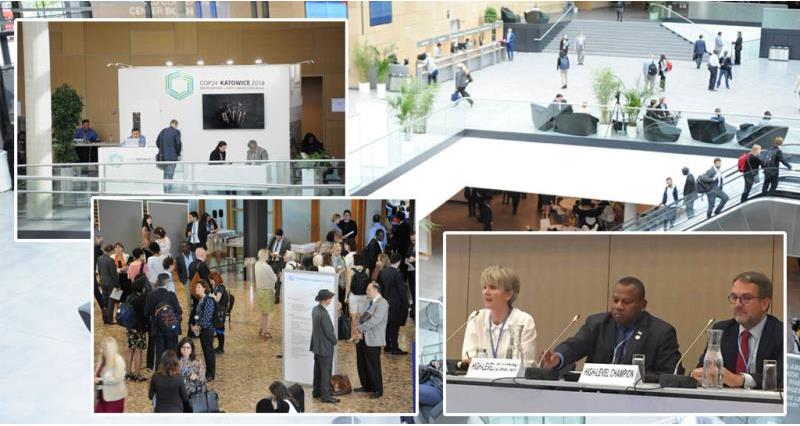At last week’s Bonn climate conference, governments from around the world agreed on a roadmap for their work on agriculture. This successfully delivers on the consensus achieved at last year’s climate summit after many rounds of international negotiation.
This means that over the next 2.5 years, government representatives will consider and debate important subjects like:
· soil carbon, soil health and soil fertility under grassland and cropland
· nutrient use and manure management
· livestock management systems
· and socioeconomic and food security dimensions of climate change in the agricultural sector
and critically, leverage the range of financial and technology transfer mechanisms etc at their disposal to ensure that farmers across the world benefit.
These are areas which the NFU and other members of the World Farmers’ Organisation (WFO) had identified as important to farmers in the WFO’s response to the call for submissions on Koronivia earlier this year.
This is the start of an intense period of work for governments and the range of other stakeholders – NGOs, business, research etc – who are part of the process. But farmers will have to be at the centre of the discussions. They have knowledge and expertise to share, and stories of practical success and failure – because as farmers know, agriculture is far from an exact science.
The NFU’s involvement in this international process has enabled us to talk about and showcase the work British farmers are doing to tackle climate change and be better prepared for its impacts. See what our members are doing on renewable energy and how our livestock farmers are rising to the challenge.
